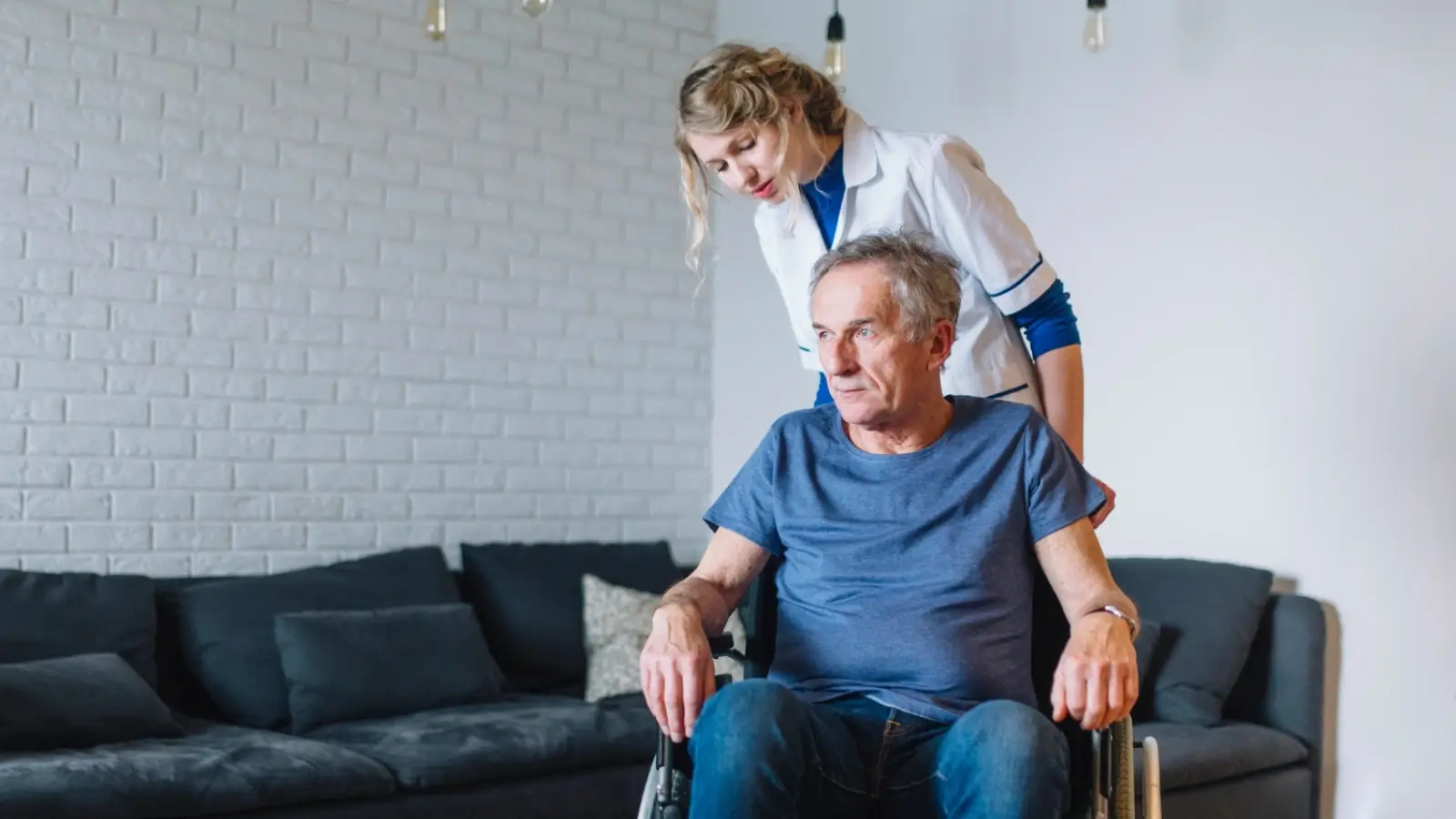As people age, the focus of healthcare often shifts toward managing chronic physical conditions. However, mental health plays just as important a role in a senior’s quality of life. From loneliness and depression to cognitive decline and anxiety, older adults face a range of emotional and psychological challenges many of which go unaddressed.
With compassionate support and consistent companionship, professional caregivers can help seniors maintain not just their physical health, but their mental wellness as well. Let’s explore how in-home care supports emotional well-being in seniors and how families can benefit from this type of service.
Understanding Mental Health Challenges in Older Adults
Mental health issues among seniors are more common than many realize. The aging process can bring major life changes that affect emotional stability, such as the loss of a spouse, declining mobility, or retirement. These shifts often lead to isolation, sadness, or feelings of purposelessness.
Some of the most frequent mental health concerns in older adults include:
- Depression (often undiagnosed)
- Anxiety disorders
- Cognitive decline or early dementia
- Sleep disturbances
- Social withdrawal or loneliness
Unfortunately, mental health in older populations is often overlooked or mistaken for "normal aging." The lack of consistent emotional support can worsen these conditions and lead to an overall decline in well-being.
How Visiting Angels Manassas Supports Seniors with Depression and Anxiety
At Visiting Angels of Manassas, mental wellness is a top priority. Their trained caregivers provide more than just physical assistance they are companions who know how to identify early signs of emotional distress and gently support clients through them.
Seniors with anxiety benefit from consistent routines and a familiar caregiver, both of which Visiting Angels ensures through their carefully matched assignments. Those facing depression receive emotional encouragement, support with meal prep, and motivation to stay active and connected to loved ones.
Caregivers also work closely with families and healthcare providers, sharing observations that may help adjust care plans to meet emotional needs over time.
For seniors facing cognitive decline, Visiting Angels offers memory care in Manassas, helping individuals with dementia or memory challenges feel secure and less confused. Their approach is centered on compassion, safety, and minimizing stress in daily life.
Additionally, their team provides reliable Alzheimer’s care in Manassas, offering tailored routines, activities, and support that respect each senior’s stage of progression—helping maintain dignity and reduce fear and frustration.
How In-Home Care Promotes Daily Structure and Purpose
Routine is essential for maintaining mental clarity and emotional balance—especially in older adults. In-home caregivers can help reinforce healthy daily habits by assisting with tasks such as:
- Getting dressed each morning
- Eating regular meals
- Taking medications on time
- Keeping a clean and organized living space
By promoting structure, caregivers give seniors a sense of control and predictability in their day-to-day life. This stability helps reduce anxiety and builds confidence, especially in those experiencing mild cognitive challenges.
In-home care also helps seniors re-engage in meaningful activities they may have stopped doing, whether it's gardening, light cooking, reading, or writing. These small wins add up and can have a measurable effect on mood and motivation.
When to Consider In-Home Care for Mental Wellness
It can be hard to know when it’s time to seek outside help. Some warning signs that may indicate the need for in-home care include:
- Withdrawal from social interaction
- Changes in mood or increased irritability
- Loss of interest in hobbies or activities
- Forgetfulness or disorganized thinking
- Poor personal hygiene or skipped meals
Having a conversation about in-home care can feel difficult at first, but framing it around wellness and independence rather than decline can help. Emphasize that the goal is to maintain dignity, safety, and mental health, not take away control.
Early intervention is often key to preventing more serious emotional and cognitive issues later.
The Power of Companionship and Emotional Support
Loneliness is one of the most significant risk factors for depression in older adults. A lack of regular social interaction can lead to increased stress, sleep problems, and even physical health decline.
Professional caregivers provide more than task-based assistance they become familiar, trusted companions. Whether it's through a casual conversation, a shared walk, or simply being present, this companionship reduces the emotional burden that many seniors carry.
Having someone to talk to on a daily basis can help seniors feel seen and valued. Over time, they may even open up about feelings they haven't shared with family, giving caregivers a chance to notice emotional red flags and communicate concerns to loved ones or health professionals.
Encouraging Cognitive Engagement and Socialization
Mental stimulation is crucial for emotional and cognitive health. Many seniors stop participating in mentally engaging activities due to physical limitations or lack of support. In-home caregivers help reintroduce these activities in safe, accessible ways.
This may include:
- Playing board games or doing puzzles
- Reminiscing with photos or memory prompts
- Reading together or watching movies
- Encouraging music, art, or other creative hobbies
Additionally, caregivers can help facilitate virtual or in-person visits with friends and family, support attendance at community events, or provide transportation for safe outings all of which increase social engagement and lift mood.
Reducing Stress for Families and Seniors
When a loved one begins to show signs of emotional or cognitive distress, it can be incredibly stressful for family members. Many adult children try to juggle full-time jobs and parenting responsibilities while also caring for aging parents. This constant strain can lead to caregiver burnout and reduced quality of care.
In-home support provides relief for family caregivers by taking on some of the emotional and physical workload. Knowing that a trained, compassionate professional is available allows families to breathe easier and spend more quality time with their loved one not just time filled with worry and responsibility.
For the senior, this balanced environment reduces tension and anxiety, allowing them to feel more supported and less like a burden.
Conclusion
Mental wellness is a critical but often overlooked aspect of senior care. As older adults face loss, loneliness, and cognitive changes, their emotional health can suffer without consistent, compassionate support.
In-home care offers a proactive way to address these challenges. From companionship and structure to personalized support and family relief, caregivers play a meaningful role in maintaining a senior’s emotional and mental well-being.














